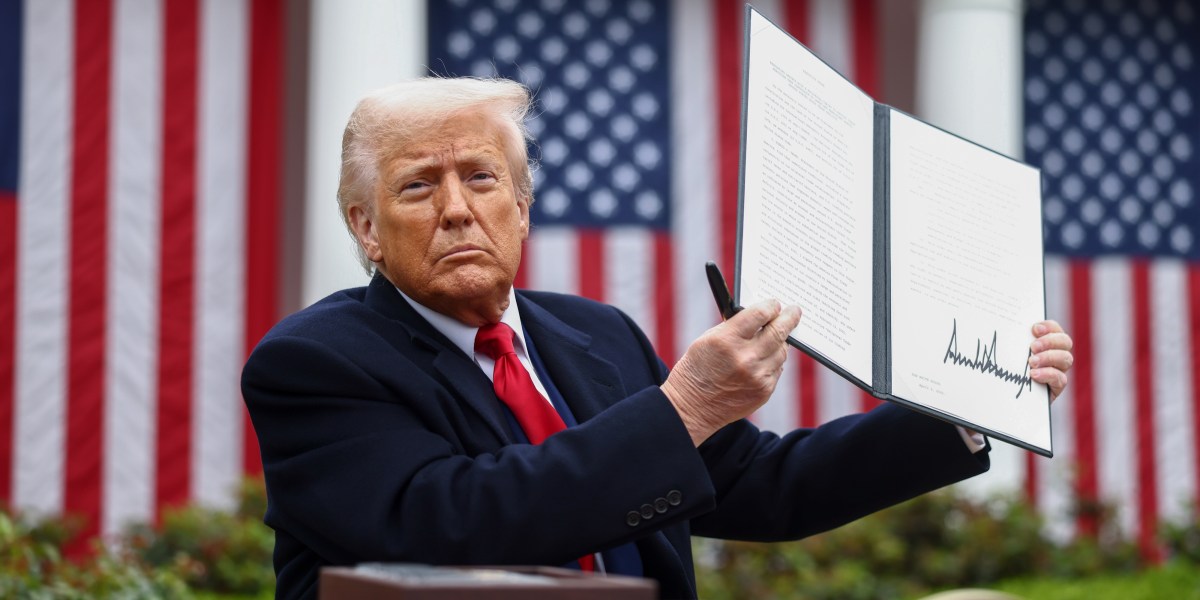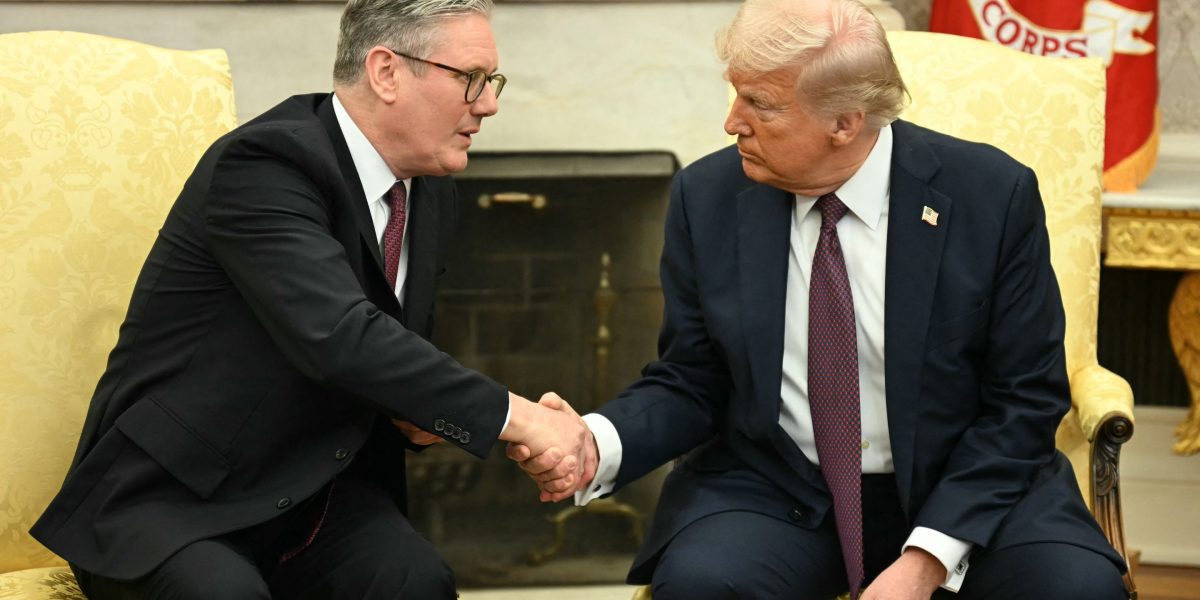- Bill Gates, once known for his fast driving habits, now cruises in a red Fiat 500e RED, a special edition electric car designed in partnership with charity (RED) to support global health causes like AIDS and COVID. Gifted by U2’s Bono, the compact EV has a top speed of around 100 mph, and a portion of its sales proceeds go to the Global Fund. Gates, in a recent CBS interview, reflected on his past speeding tickets and his transition from Microsoft CEO to philanthropy.
Bill Gates, the co-founder of Microsoft, has long been associated with a penchant for speed. In one notable instance, he accumulated three speeding tickets during a single trip from Albuquerque to Seattle.
In recent years, though, Gates has transitioned to more environmentally friendly vehicles. He now favors a red Fiat 500e, an electric model with a top speed of approximately 100 miles per hour.
In an interview with CBS released over the weekend, Gates took journalist Lee Cowen for a spin in the motor around Seattle, explaining that the vehicle was a gift from U2 frontman Bono.
“Well we’ve been working on this global health stuff together for a long time,” Gates explained, adding the car is “pretty nice.”
The car in question is a Fiat 500e RED, a special edition motor developed with the charity (RED) to fight global health emergencies like AIDS and COVID.
A portion of the proceeds from the car’s sales goes to the Global Fund, which supports prevention, treatment, counseling, testing, education, and care services in the communities most in need.
Bono—real name Paul Hewson—and Gates became friends courtesy of Microsoft co-founder Paul Allen, with the pair often teaming up over the years to speak to world leaders and industry titans about the importance of aid funding.
In 2022, Gates even reviewed the Irish singer’s autobiography, writing on his website GatesNotes that U2 “are passionate about fighting poverty and inequity in the world, and they’re also aligned on maintaining their integrity as artists.”
“I learned this the hard way,” Gates added. “When Microsoft wanted to license U2’s song ‘Beautiful Day’ for an ad campaign, I joined a call in an attempt to persuade the band to go for the deal. They simply weren’t interested. I admired their commitment.”
On the topic of cars, Gates has had a few brushes with the law. In a 2007 interview with Time, for example, he reminisced about being pulled over after running a stop sign in Paul Allen’s car.
Speaking to CBS this weekend, Gates added he once racked up three “very serious” speeding tickets in one journey. “It’s a long trip,” Gates added.
Stepping down as Microsoft CEO
Before the philanthropic work with Bono began Gates was, of course, the CEO of Microsoft.
Founding and running this business—and the share ownership in the software giant that came with it—is what has spurred Gates’s current net worth to $162 billion.
Gates has spoken openly about handing over the top job in the past few weeks, for example, revealing that Satya Nadella was nearly not made CEO following Steve Ballmer.
But Gates said the decision to step down was made all the easier by knowing who he was passing the baton to, telling CBS: “In some ways, it was a relief to hand the reins over to Steve Ballmer, who I knew super well, and I stayed another eight years … working for Steve.
“The year I step down as CEO is when I make the gift to the foundation that makes it the biggest in the world so I’m part-time learning about philanthropy. Once I made up my mind I felt very comfortable with it.”
This story was originally featured on Fortune.com
Source link


 Entertainment8 years ago
Entertainment8 years ago
 Politics8 years ago
Politics8 years ago
 Entertainment8 years ago
Entertainment8 years ago
 Entertainment8 years ago
Entertainment8 years ago
 Tech8 years ago
Tech8 years ago
 Tech8 years ago
Tech8 years ago
 Tech8 years ago
Tech8 years ago
 Politics8 years ago
Politics8 years ago






